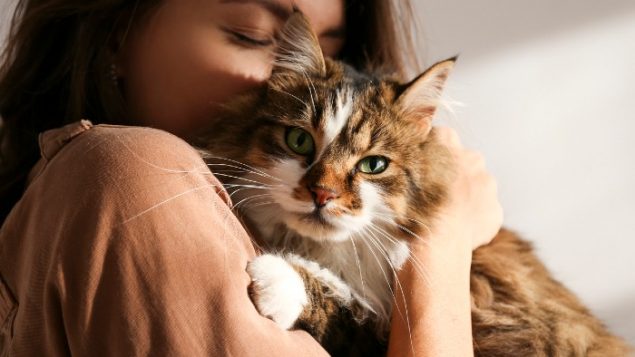An adult dog has been found to have been infected with COVID-19 in Ontario through testing by scientists at the University of Guelph’s Ontario Veterinary College. The dog had no sign of the disease and is said to have caught it from people in the home who were infected. This was the only dog that tested positive out of about 40 that were sampled.
“Dogs don’t tend to get sick from COVID-19 but the disease can move between animals,” said Scott Weese, a professor and the chief of infection control at the college. There may also be a low risk of dogs spreading it to people but it’s not known if dogs often shed enough virus to be infectious to others.
Other viruses have passed from pet to people
Therefore Weese recommends that if a household is isolating because people living there are infected, the pets should isolate too. In the past, other viruses such as canine influenza and parainfluenza have been shown to transmit to neighbours through a fence, says Weese. So it makes sense to recommend that if people are being isolated, so too should be the household pets, be they dogs or cats.
Cats may get sicker than dogs from COVID-19 but they usually recover quickly, says Weese. He does not recommend that people with the infection get their pets tested unless they are part of a study.

Cats tend to get sicker from COVID-19 than do dogs. (iStock)
‘Do not be afraid’
In a series of recommendations, Weese says people should not be afraid of animals in terms of this disease. Also, anyone with COVID-19 should limit their contact “with anything with a pulse (not just people).”
Finally, “if your household is isolating because of COVID-19 exposure, make sure it includes the whole household. (If you wouldn’t lick your neighbour through the fence, don’t let your dog do the same to the neighbour’s dog… or kid.)”
Weese and his colleague will continue sampling pets as part of their ongoing study of human and pet transmission.







For reasons beyond our control, and for an undetermined period of time, our comment section is now closed. However, our social networks remain open to your contributions.